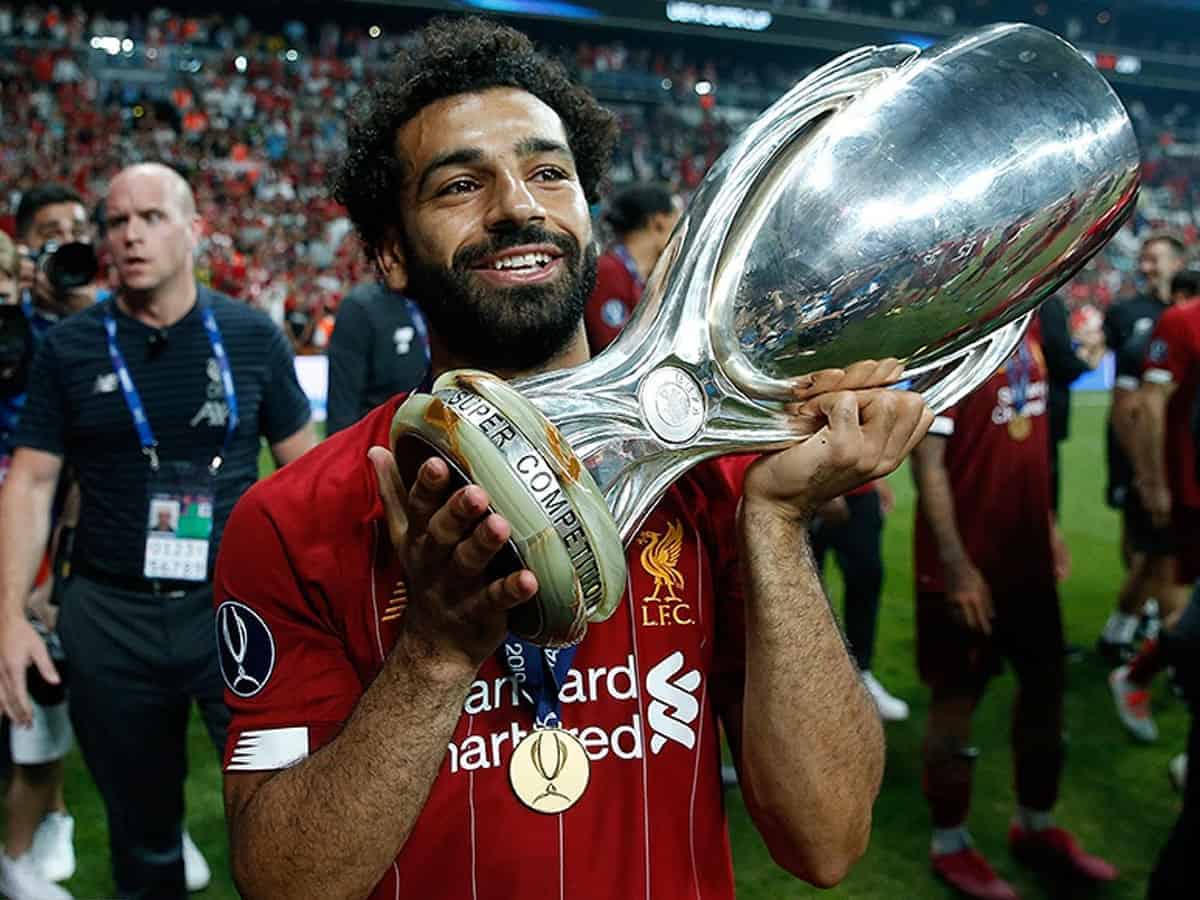
Egypt’s Mohamed Salah, the record breaking goal scorer who plays for Liverpool football club, is at the peak of his popularity now. But his influence stretches far beyond the confines of a football field. Not only is he the most widely recognised Muslim footballer in the world at present, but a couple of years ago a study carried out by researchers of Stanford University revealed that ever since Salah began playing for Liverpool FC, hate crimes dropped by 19 percent and anti-Muslim comments online reduced by 50 percent.
Racial prejudice and religious bigotry have existed among humans for many centuries. But history has shown that athletes are capable of making a significant impact on the cultural attitudes of large sections of the population. One such person was the great Muhammad Ali.
The boxer went against the world’s most powerful Government and refused to fight in the war against Vietnam because of his personal and religious beliefs. The US Government harassed him mercilessly but he emerged victorious after a hard battle in court. He then climbed back into the ring to get back the crown which they had unfairly snatched from him. Undoubtedly he was The Greatest sportsman in history.
Ali’s life of determined struggle became an inspiration to many people cutting across racial and religious divides. To a lesser extent, Mohammed Salah, also called The Pharaoh or the Egyptian King, has accomplished a similar feat in Liverpool city. His popularity and fan following has cut across religious borders and brought everyone together.
Stanford University, founded in 1885 in the USA, is regarded as one of the best Universities in the world. Their study used a mix of data available with the police department, about 15 million tweets from football fans and personal opinions of 8000 fans. The interest that Salah has evoked among fans in Liverpool has increased cultural awareness among the local population. “By watching games and interviews and content on Salah’s social media pages, fans have been exposed to rich information about Salah’s life on and off the field,” the research stated.
Salah’s cheerful personality and his goal scoring feats inspired a sizable section of the youth of Liverpool. For his sake they are even willing to convert to Islam they say. Many of his ardent fans have composed a chant which they shout in unison when they want to show their support for Mo Salah.
The rhyme goes: “If he is good enough for you, he is good enough for me. If he scores another few, I’ll be a Muslim too.”
Reportedly Salah is a devout Muslim and he does not hesitate to show his religious affiliation. His personal charm and attractive personality have added to his popularity among the Liverpool fans. Proof of his influence can be seen from the fact that he was featured on the cover of two major magazines namely GQ Middle East and TIME. In 2018 the American magazine GQ Middle East carried a feature story titled “The Unstoppable Rise of Mo Salah.” In 2019, TIME featured him on the cover as among the 100 Most Influential People.
The story of Mohamed Salah began on the day he was born, 15th June, 1992 in the village of Nagrig in the Gharbia governorate near the town of Basyoun. Italian journalist Luca Caioli who has written a biography of Mo Salah has stated that his village of Nagrig (earlier called Nagrid) lies in a region which is known for producing red onions and Jasmine. The jasmine is exported to France and Russia for use in the perfume industry.
Mo Salah’s father Hamed Mahrous Ghaly was a government official and one of the jasmine exporters. When Salah was a young boy, he was called Momo by his friends. He was a shy lad but very good at football and his idols then were Hossam Hassan who was Egypt’s highest goal scorer and Mohamed Aboutrika another legendary player. He also admired Zinedine Zidane, the captain of France whose parents were from Algeria and Ronaldo de Lima of Brazil.
As a teenager Salah joined a club named Ittihad in the nearby town of Basyoun. While playing in Basyoun, he was spotted by a talent scout and then his football career took off. His senior career began with the club named Al Mokawloon from where he was picked up by the Swiss club Basel. His performances gave him a chance to play for Chelsea in the English Premier League and there was no looking back since. Initially he did not make a big impact. That happened when he took a transfer to Liverpool for a record fee of nearly 37 million pounds.
He was Liverpool’s first Egyptian player. He scored a goal in his very first match against Watford and kept scoring in almost every match thereafter. In the first few years in the UK, Salah did face some racial abuse but that soon died out as he became a popular figure. Records fell at his feet and he became an important player in the eyes of the coach Jurgen Klopp. On 31st January 2021, Salah became the fifth Liverpool player in history to score more than 20 goals in all competitions in four successive seasons.
But it has not been all smooth going for him. He has had to face criticism too. When he posted a photo of himself and his family standing beside a Christmas tree, he was criticised by some of his fellow countrymen for the deed. When he wrote captions in English instead of Arabic, again he faced criticism. But the ever smiling Salah has taken it all in his stride. He is a man who does not lose his temper easily.
On one occasion when a thief broke into his house and stole some valuables, he refused to press charges after the thief was caught. Instead he met the guilty man and advised him to mend his ways and follow any honest occupation.
His wife Magi Sadeq is a very low profile person unlike many wives of star players. Although she has attended functions with Salah, she has remained in the background. She too was born and raised in the village of Nagrig and attended the same primary school as Salah. Later she studied and obtained a Bachelor’s degree in Commerce from Alexandria. They got married in 2013 and their first child was a daughter whom they named Makka after the holy city in Saudi Arabia. In 2020 they were blessed with another daughter whom they named Kayan.
Abhijit Sen Gupta is a seasoned journalist who writes on Sports and various other subjects.

